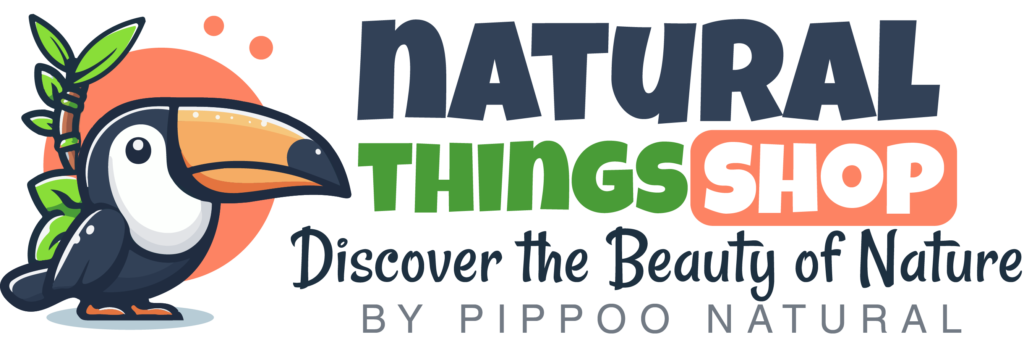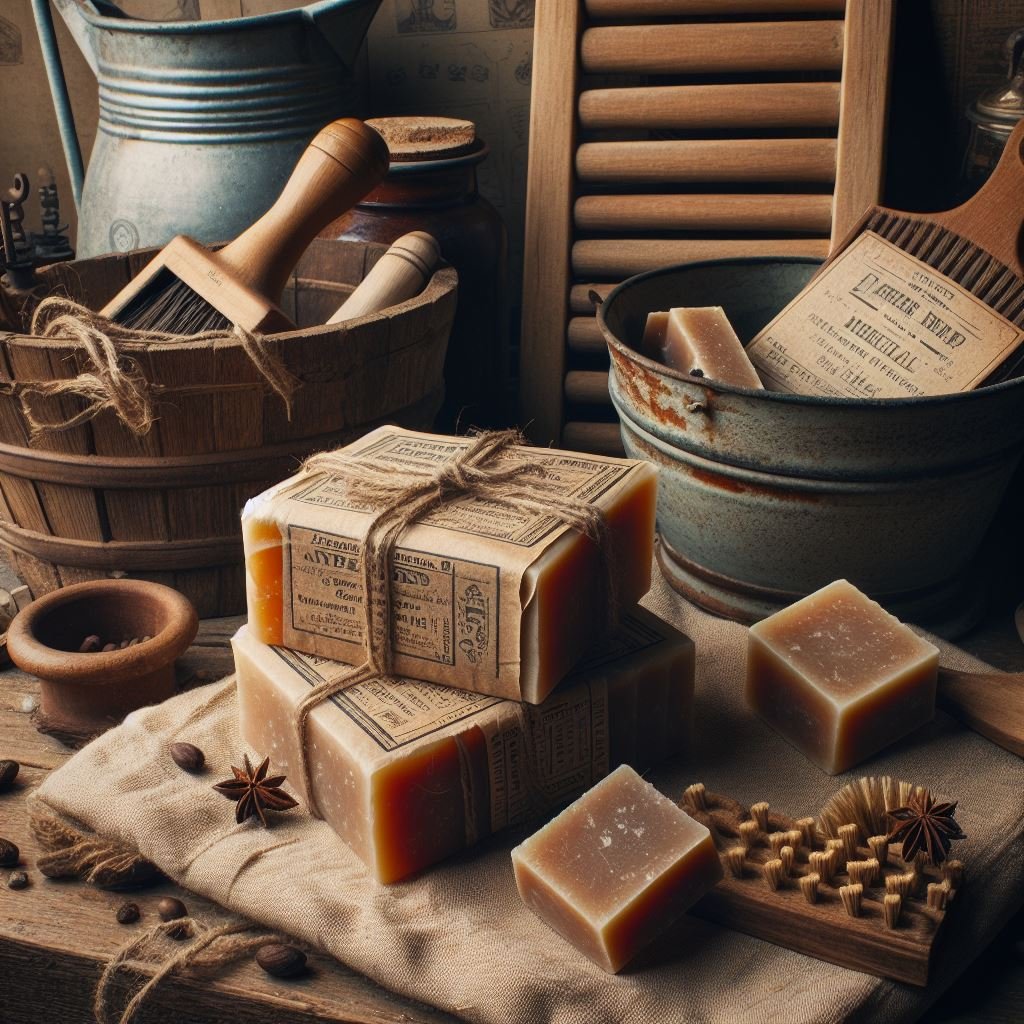WHAT IS SOAP?
Let’s take a brief look at what is soap:
Soap is made by combining oils with sodium hydroxide (caustic soda).
The reaction that occurs when oils and sodium hydroxide combine in water at a certain temperature is called saponification and the product formed as a result of this reaction is called soap. The combination of this hard alkali (caustic) with oils results in a wonderfully soft and creamy foaming product that no longer contains any caustic catalysts.
When soap is combined with water, it foams and removes dirt and oil easily by combining with water. Many people think that traditional natural soaps in bar form are unhygienic. Recently, people have started to prefer detergents that are said to contain antibacterials and liquid soaps in plastic pump bottles.
Unfortunately, these liquid chemical soaps, which are said to be antibacterial, contribute to microbes and some pests being more resistant to antibiotics. Besides, they are not very hygienic contrary to what we think. With dirty hands, we always touch the pump or soap the same way, right? However, all the dirt and germs remain on the pump, but when we touch the soap, the dirt and germs run off with the water as we wash our hands. Thus, no dirt and germs remain on the soap. Moreover, microbes cannot survive on soap for a long time.
You may not know, but soap has proven to be of great benefit in many areas:
Beauty :
It contributes to the hygiene and beauty of our skin, as well as our hair, nails and even our feet. And it also allows the production of many homemade, effective and natural cosmetics.
Health:
Don’t have any disinfectants? Never mind, soap disinfects and heals little everyday wounds.
For cleaning at home:
With soap, you can clean, degrease and wash your home from floor to ceiling. Has the laundry detergent run out? Use soap: It also cares for the laundry perfectly. And it’s perfect for dishes too!
In gardening:
Soap is one of your biggest helpers in the care of your plants in your garden. Not only does it repel flies, aphids and other unwanted things, it also helps to rejuvenate dehydrated plants. What is soap and what is not, we have briefly provided information in our article. We hope it has been useful.
What is Soap? From Lathering Marvel to Science Wonder
Soap might seem like a simple everyday item, but it’s packed with fascinating science and history. Ever wondered what makes it clean, how it’s made, or the different types available? Dive into the world of soap with us!
From Animal Fats to Luxurious Lathers: A Brief History of Soap
Soap has been around for thousands of years, with evidence of its use dating back to ancient Mesopotamia. Early versions were likely made from animal fats and ashes, evolving over time with different raw materials and techniques. Today, soap takes on myriad forms, from bar soaps and shampoos to liquid detergents and specialty cleansers.
The Science Behind the Suds: How Does Soap Work?
At its core, soap is a molecule with two distinct ends: one that loves water (hydrophilic) and another that repels it (hydrophobic). This unique characteristic allows soap to trap dirt and oil (which also repel water) and suspend them in water, enabling their removal during rinsing. It’s like microscopic teamwork, with soap molecules lifting away grime!
Beyond Bars: Exploring the Diverse World of Soaps
The world of soap extends far beyond the classic bar you might envision. Here’s a glimpse into the variety:
- Bar Soaps: These versatile options come in countless scents, shapes, and ingredients, catering to different skin types and preferences.
- Liquid Soaps: Convenient and often gentler on skin, liquid soaps use synthetic detergents for cleansing.
- Specialty Soaps: From facial cleansers to shampoo bars, specialty soaps address specific needs like sensitive skin or dandruff.
- Natural Soaps: Made with plant-based oils and often handcrafted, these soaps offer an eco-friendly and sometimes gentler alternative.
Choosing the Right Soap: Finding Your Perfect Lather Match
With so many options, selecting the right soap can be overwhelming. Consider your skin type, desired benefits (like moisturizing or lather), and any sensitivities you might have. Experiment with different types and brands to find your perfect match!
So, the next time you reach for a bar of soap, remember the science and history behind this everyday marvel. And with the plethora of choices available, there’s a perfect soap out there waiting to lather away your worries and leave you feeling clean and refreshed!










What is the difference between handmade soap and famous soap?
Handmade soaps are produced using traditional methods. For this reason, completely natural oils and essences are used. Industrial soaps contain large amounts of chemicals.